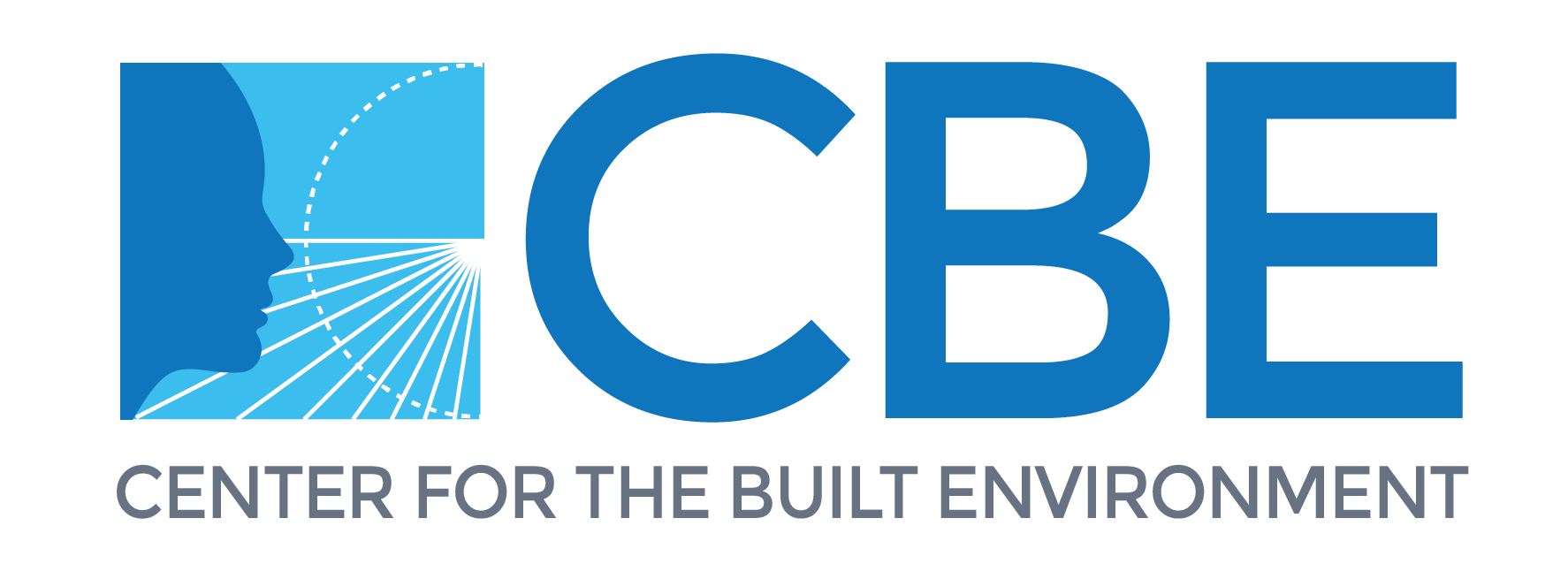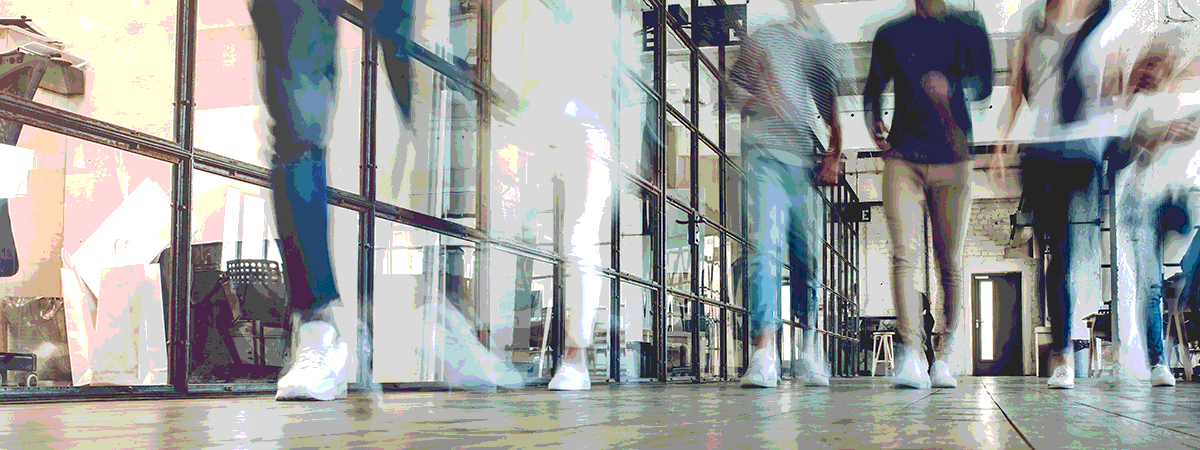
April 18, 2018 1:00 pm – 4:30 pm
The average American working full time spends more than one-third of their day, five days per week, in their workplace. These spaces must support our physical and mental health and wellbeing, while also enabling the desired business outcomes of collaboration, innovation and productivity. While many noteworthy and applicable findings from health research have been released in recent years, ongoing challenges remain for disseminating these findings, for helping practitioners to integrate advanced research into understandable and actionable concepts, and ultimately for impacting workplace outcomes.
This symposium brought together experts who are deeply engaged in conducting and/or applying health and wellbeing research. They shared findings that offer the potential to improve how we design, operate and measure healthy and productive spaces that benefit occupants while also supporting companies’ financial performance. They will also provided guidance useful for industry professionals to collect, understand and apply research in their own practices. Each speaker session was followed by Q&A, and the event concluded with a panel discussion for audience interaction.
This event took place on April 18, 2018, at the PG&E Pacific Energy Center in San Francisco, CA. It was co-sponsored by the Center for the Built Environment, PG&E, the Well Living Lab, and held in partnership with AIA San Francisco.
Speakers and Presentations
-
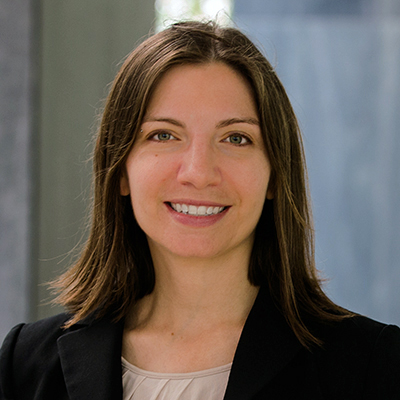
Mara Baum, AIA, LEED Fellow, WELL AP, WELL Faculty, EDAC
Vice President and Sustainable Design Leader for Health and Wellness, HOK
Presentation: Putting Health and Wellbeing Research Findings into Practice
Based in San Francisco, Mara Baum co-leads HOK’s global health and wellness practice. Mara offers nearly two decades of experience in architecture, building science, urban planning, research, teaching, and green building certification. A thought leader in design for health and wellbeing, she brings her clients insight into achieving healthier, happier, and more productive building occupants and community members. As WELL Faculty and a Fitwel Ambassador, Mara brings high quality education in all aspects of health and wellbeing research, design and certification. She is also online faculty for Boston Architectural College’s Sustainable Design Institute, where she teaches topics related to green buildings and health, and the sustainable design of healthcare facilities. Mara holds Master’s degrees from UC Berkeley in Architecture and in City and Regional Planning, and a BA in Architecture from Washington University.
-
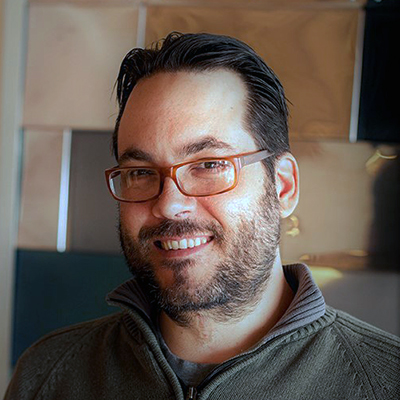
Edward Clark
Director and Healthy Building Designer, Circa Dies
Presentation: Translating Research into Circadian-Impactful Solutions
Ed Clark is sustainable designer who works at the intersection of high performance built solutions and the human condition, seeking to support nurturing environments to improve experience and promote wellness. He develops building and district-scaled sustainable strategies and is at the cutting-edge in the application of circadian lighting research in healthcare and workplace environments. Ed believes that translational collaboration with research and academia is essential to the success and advancement of circadian lighting design in practice. His expertise has informed conventions of circadian lighting design for the U.S. General Services Administration, and for healthcare and office environments. He was instrumental in the creation of Lark Spectral Lighting, a circadian lighting design tool created by the University of Washington and ZGF Architects.
-
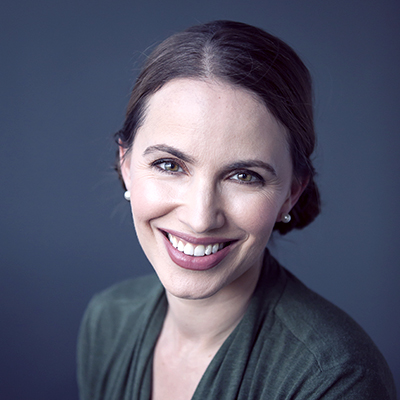
Angela Loder, PhD
Vice President for Research at International WELL Building Institute (IWBI)
Presentation: ASID Headquarters Trends to Watch
In her role with IWBI, Dr. Angela Loder is responsible for identifying, directing, and managing evidenced-based research that supports the WELL Building Standard. As a research scientist, strategic planner, and educator, Dr. Loder brings over a decade of experience in interdisciplinary research and partnerships around occupant health, well-being, and the built and natural environment. Prior to joining IWBI, Dr. Loder ran her own consulting firm, working with municipal, regional, and federal governments on urban planning, sustainability, and health. She holds a collaborative PhD from the University of Toronto in Health Geography and Centre for the Environment. Her doctoral research looked at the impacts of green roofs on office workers, and was the first large-scale multi-method study on the health impacts of green roofs. Her book, Small-Scale Urban Greening: Creating Places of Health, Creativity, and Ecological Sustainability, will be published with Routledge.
-
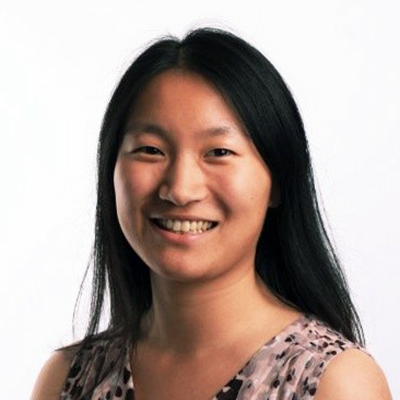
Amy Shen
Senior Technology Consultant and Smart Building Specialist, Arup
Presentation: Building Technology’s Role in Health and Wellbeing
Amy Shen leads Arup’s Smart Building consulting and design services bringing new and disruptive technologies from the Bay Area into international projects and portfolio strategies. She is an expert in building automation, system integration and post-occupancy evaluation. Her work of envisioning and implementing technology solutions unlocks business values, occupant wellbeing and sustainability benefits. One of her recent studies was the Internet of Things Desk pilot project which demonstrates open source monitoring and integration technologies. She also supports the Well Living Lab from Arup as a founding alliance member. Before joining Arup San Francisco, she worked in both Shanghai and London, providing her with a global context of technology in the industry. She is passionate about implementing wellness, community engagement, resilience and information accessibility. Amy holds an MEng degree in Electrical and Information Science from the University of Cambridge.
Organizers

